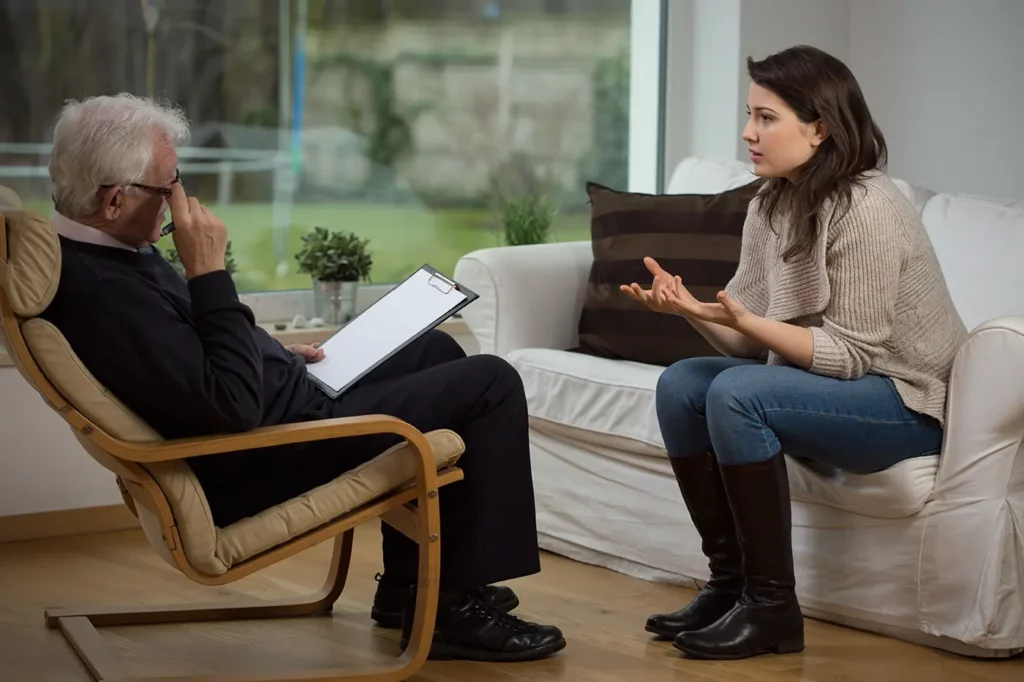24/7 Helpline:
(866) 899-221924/7 Helpline:
(866) 899-2219
Learn more about PTSD Treatment centers in Yuma
PTSD Treatment in Other Cities

Other Insurance Options

BlueCross

GEHA

Access to Recovery (ATR) Voucher

UMR

Regence

Horizon Healthcare Service

Health Partners

AllWell

Aetna

Carleon

MVP Healthcare

Health Choice

Humana

ComPsych

Meritain

Absolute Total Care

Health Net

Optum

WellCare Health Plans

Premera

Raphah Counseling Services
Raphah Counseling Services is a private rehab located in Yuma, Arizona. Raphah Counseling Services s...

Community Intervention Associates
Community Intervention Associates, located in Yuma, Arizona, provides behavioral health care service...

Crossroads Mission – Outpatient
Crossroads Mission – Outpatient is a private rehab located in Yuma, Arizona. Crossroads Mission – Ou...

Resilient Health – Yuma
PSA Art Awakening is a psycho-social rehabilitation program that offers outpatient services for indi...








Community Bridges
Community Bridges is a private rehab located in Yuma, Arizona. Community Bridges specializes in the ...

The Excel Group – Outpatient
The Excel Group – Outpatient is a private rehab located in Yuma, Arizona. The Excel Group – Outpatie...

Counseling and Treatment Services
Counseling and Treatment Services is a private rehab located in Yuma, Arizona. Counseling and Treatm...

Treatment Center
Treatment Center is a private rehab located in Yuma, Arizona. Treatment Center specializes in the tr...

AA – Alcoholics Anonymous
AA – Alcoholics Anonymous is a non-profit rehab located in Yuma, Arizona. AA – Alcoholics Anonymous ...

Heritage Counseling Services
Heritage Counseling Services is a private rehab located in Yuma, Arizona. Heritage Counseling Servic...

Living Free Recovery Home
Living Free Recovery Home is a private rehab located in Yuma, Arizona. Living Free Recovery Home spe...

New Hope of Arizona
New Hope of Arizona is a residential facility that offers treatment for individuals with a Mental He...

Counseling and Consulting – Outpatient
Counseling and Consulting – Outpatient is a private rehab located in Yuma, Arizona. Counseling and C...

Centennial Mental Health Center
Centennial Mental Health Center is a private rehab located in Yuma, Colorado. Centennial Mental Heal...




